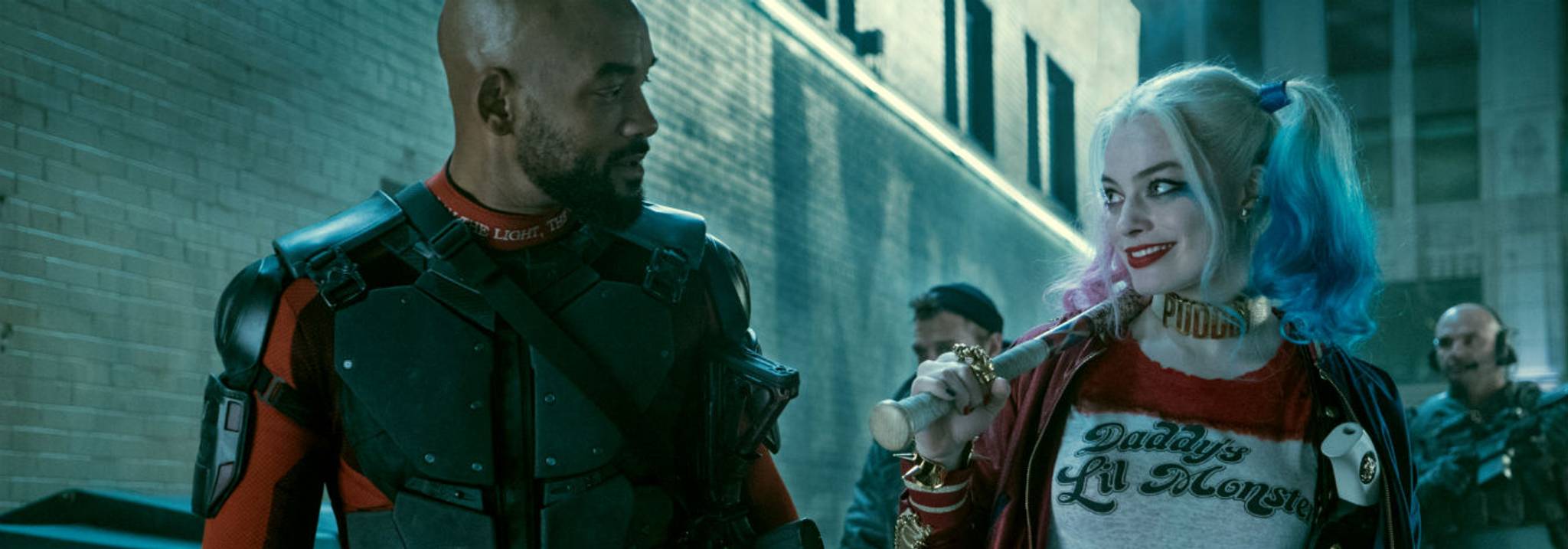
Suicide Squad has been the subject of internet-breaking buzz; it topped comScore’s list of most talked-about movies on social media. But in spite of the hype, it was panned by critics, earning an approval rating of just 36% on Rotten Tomatoes. But fans are lashing back – a petition to shut down the popular review-aggregating site amassed 10,000 signatures in less than a day.
“It’s not about closing Rotten Tomatoes, it’s about sending a message,” paraphrases journalist Jack Shepherd. “That message being that people disagree with the critics’ reviews.” This isn’t the first time the fans have spoken, either; 2015’s wildly popular Batman v. Superman grossed a staggering $862.9 million worldwide, in spite of a 27% critical approval rating.
Remakes and adaptations are Hollywood’s cash cows, not least because existing franchises already boast fan bases whose loyalty runs deep. Fandom as a cultural phenomenon thrives online, where it’s easy to seek out like-minded people. And because knowledge and dedication are prerequisites to participation, geek culture enjoys especially steadfast brand loyalty. “Fans are an active army of consumers, who will do the work of circulating the vehicles for brands’ value,” writes New Inquiry editor Ayesha Siddiqi. “They’re retained at the cost of their utopian insistence on their personal experience of these products.”
From Twitter to Yelp, it’s easier than ever for people to voice their opinions online – and while criticism has seemingly always been ‘in crisis’, peer reviewing has professional critics under fire for being both anti-populist and pretentious. While a critic’s review can still make or break an indie flick, its effects get more ambiguous higher they get up in the Hollywood hierarchy. Mass appeal can render critical praise (or derision) moot, and plenty of films enjoy so-bad-it’s-good cult status. And the war over Suicide Squad’s value shows that fan power can’t be discounted. “I love the movie and believe in it,” tweeted director David Ayer in response to his reviewers. “I made it for the fans.”
Read more insights like this by signing up to the Canvas8 Library.
Alex Quicho is a writer and cultural researcher in London. Born in Boston and raised in Manila, she writes about identity, futures, and soft power in art and design.